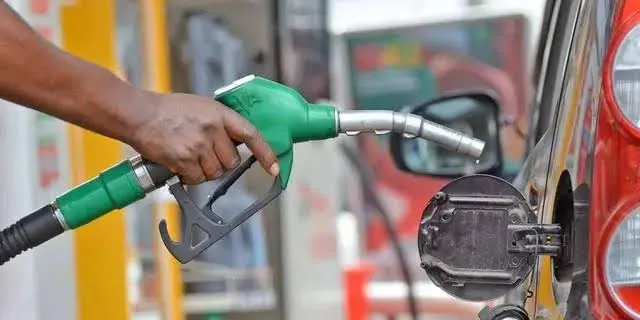In a recent revelation by the National Bureau of Statistics, Nigeria’s expenditure on fuel imports surged to a staggering N3.5 trillion during the second half of 2023.
This revelation comes amidst a backdrop of significant policy shifts and economic challenges facing the nation.
The removal of fuel subsidies, announced by the Tinubu administration on May 29, 2023, marked a pivotal moment in Nigeria’s energy policy. However, the full implementation of this decision faced delays, leading to weeks of uncertainty and market volatility.
According to data from the 2023 full-year foreign trade report, Nigeria incurred a total of N7.5 trillion in fuel import costs throughout the year, compared to N7.7 trillion in the previous year. The second half of 2023 alone accounted for N3.5 trillion in fuel importation expenses, highlighting the magnitude of the country’s reliance on petroleum imports.
The removal of fuel subsidies triggered a chain reaction across various sectors of the economy. Initially, it resulted in a tripling of fuel prices, exacerbating inflationary pressures. As of January 2024, the inflation rate surged to 29.9%, up from 22.41% in May the previous year.
Nigeria’s dependence on petroleum imports dates back nearly two decades, as domestic refineries have failed to operate efficiently. Despite efforts to enhance local refining capacity, such as the commencement of operations at the Dangote Refinery, the country’s reliance on imports persists.
Reports suggest that the removal of subsidies may lead to lower demand for petroleum products due to higher prices. However, the depreciation of the naira has offset any potential savings, as the cost of imports soared in naira terms.
For instance, the official exchange rate stood at N743/$1 in July 2023 but weakened to N907/$1 by the year’s end. This depreciation further strained Nigeria’s foreign exchange reserves, adding pressure on the US dollar.
Over the past five years, Nigeria has spent a staggering N23.5 trillion on fuel imports, with 2022 and 2023 accounting for over half of this expenditure. The depreciation of the naira against the dollar has been a significant driver of increased import costs during this period.
Looking ahead, Nigeria’s reliance on fuel imports is expected to persist until domestic refining capacity improves substantially. However, with projects like the Dangote Refinery on the horizon, there is optimism that both the volume and cost of fuel imports will decrease in the future.
In conclusion, Nigeria’s soaring expenditure on fuel imports has far-reaching economic implications, impacting inflation, foreign exchange reserves, and overall fiscal stability. As the country navigates these challenges, strategic investments in domestic refining capacity and policies to stabilize the currency will be crucial in ensuring energy security and economic resilience.










Join our Channel...